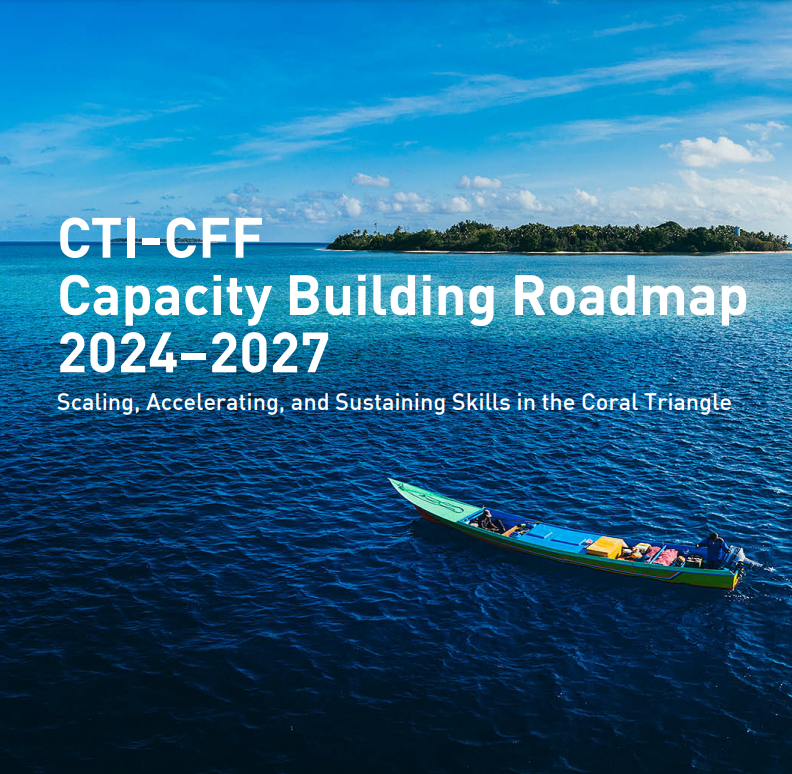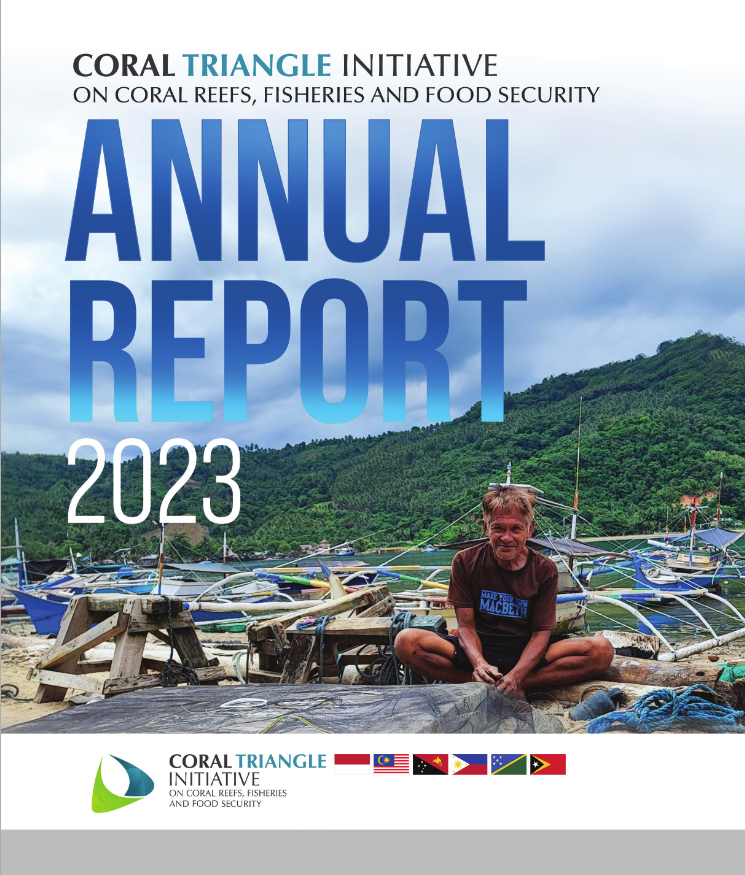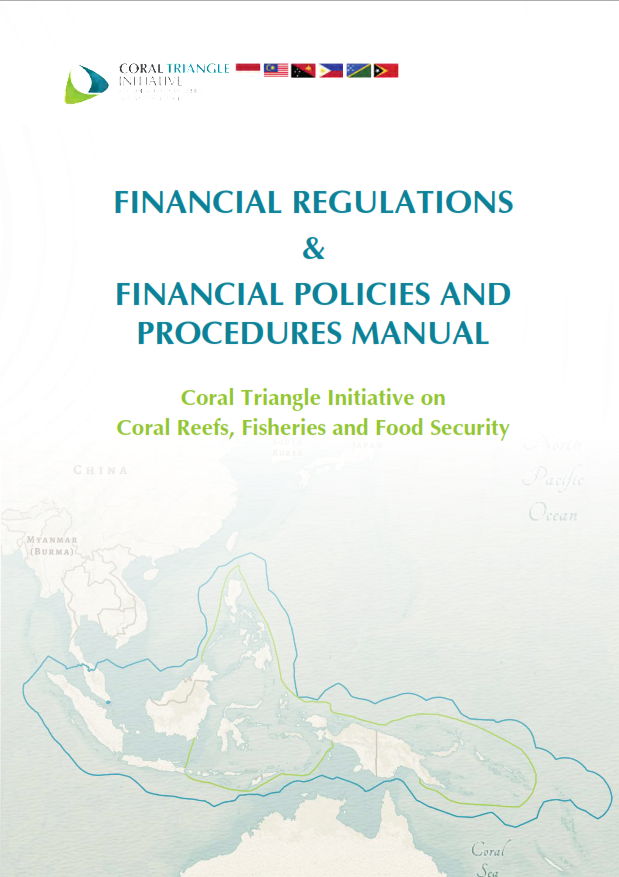CTI-CFF contributes critical points and actions to achieve Sustainable Developing Goals 14 on oceans and seas
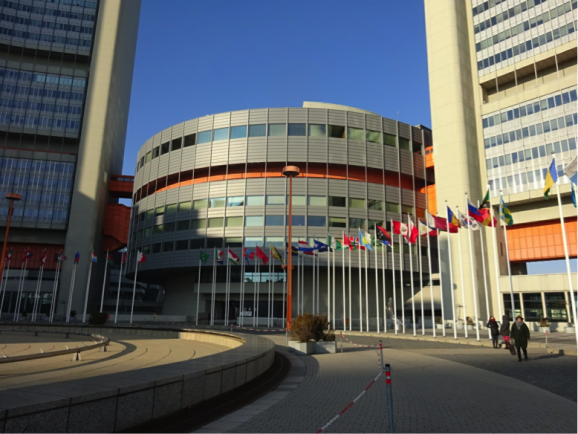
UNIDO Headquarters in Vienna International Center
Between 14-16th December 2016, CTI-CFF’s Executive Director, Widi Agus Pratikto, Ph.D through invitation from the United Nations Department of Economic and Social Affairs (DESA) and the United Nations Industrial Development Organization (UNIDO), participated in the Expert Group Meeting (EGM) at the UNIDO Headquarters in Vienna, Austria as one of the expert panelist.
The Expert Group Meeting, titled ‘Readying institutions and policies for integrated approaches to implement the 2030 Agenda’, aims to explore what relevant institutions, actions, mechanisms are necessary to develop integrated plans and policies for implementing the SDG. The results will become a basis for High-Level Political Forum meeting under the auspices of UNDESA in July 2017.
The discussion during this Panel 7 was led by Ms. Asha Singh, Head, Oceans Governance, Organization of Eastern Caribbean States Commission and accompanied by Mr. Julian Barbiére, Head, Marine Policy and Regional Coordination Section, Intergovernmental Oceanographic Commission, UNESCO as the moderator during the meeting.
The Executive Director of CTI-CFF highlighted and conveyed two (2) critical points of ocean governance, and two (2) action points of ocean governance which was presented during Panel 7 on integrated actions for oceans that can contribute to achieving Sustainable Development Goals (SDG) No. 14 on oceans and seas.
The two (2) critical points of ocean governance are:
- Preservation of outstanding marine and fisheries resources along with its biodiversity requires bold action, political commitment at all levels (i.e. local, national, and regional levels), including grass-root level through NGOs engagement as well as global partnerships. In this regard, solid partnerships are essential to support marine resources and initiatives of communities.
- A solid and effective Monitoring and Evaluation (M&E) systems in the ocean governance is mostly needed in order to determine what structure is most practical and to track progress towards the goals of the regional and national plans of action. However, at the local level, it was found that the capacity to collect strategic data, systematically store and align with regional and national plans of actions are weak. This should be synergized by collective efforts through coordinated manners in regional and national programs. For instance, the establishment of Local Government Network (LGN) and Women Leaders Forum (WLF) within the Coral Triangle Initiative framework to strengthen activities at local community’s level.
And, the two (2) action points of ocean governance are:
- The management of ocean governance is essential to properly integrate into the national planning system because the ocean governance has substantial elements to interlink between policies/approaches and the outcomes/impacts to national socio-economic development and reduction of poverty while at the same time facing a number of threats.
- The M&E shall overview indicators based on outcomes and impacts so that the status of coastal and marine environment, fisheries resources and economic values to coastal communities can be measured. In addition, it is imperative to synergize collective efforts between regional and national plans of actions in terms of targets and alignment with the SDG No.14 of Conserve and sustainably use the oceans, seas and marine resources for sustainable development.
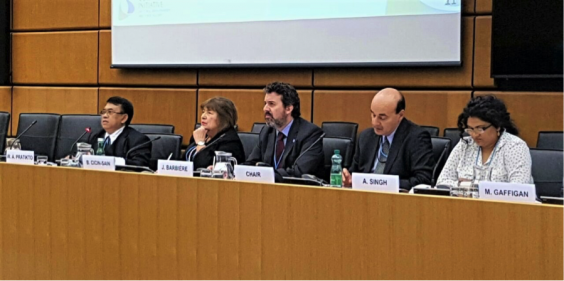
CTI-CFF Executive Director, Widi A. Pratikto represented CTI-CFF During Expert Group Meeting at UNIDO Headquarters
Along with Dr. Widi as the panelist experts were Mr. Mark Gaffigan, Managing Director, Natural Resources and Environment, Government Accountability Office, United States and Ms. Biliana Cicin-Sain, President, Global Ocean Forum; and Director, Gerard J. Mangone Center for Marine Policy, College of Earth, Ocean and Environment, University of Delaware.
The three-days meeting was organized jointly by UNDESA and UNIDO and attended by numerous high-level invitees including the United Nations Under Secretary-General for Economic and Social Affairs and the Director General of UNIDO; President of the General Assembly and the President of ECOSOC; the Minister of Women of the Dominican Republic; the Minister of Planning and External Cooperation of Haiti; the Vice Minister of Environment of Peru; and the Undersecretary of Health of the Philippines; along with the Executive Director of CTI-CFF. Other attendees include United Nations Member States; representatives of international organizations; academia and other non- State actors.

